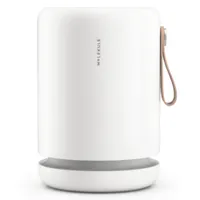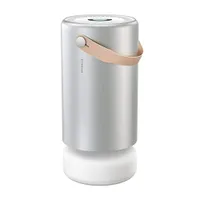How to choose the right air purifier for your home and lifestyle
Our expert guide explains everything there is to know about air purifiers, to help you make an informed decision when finding right one for your home.
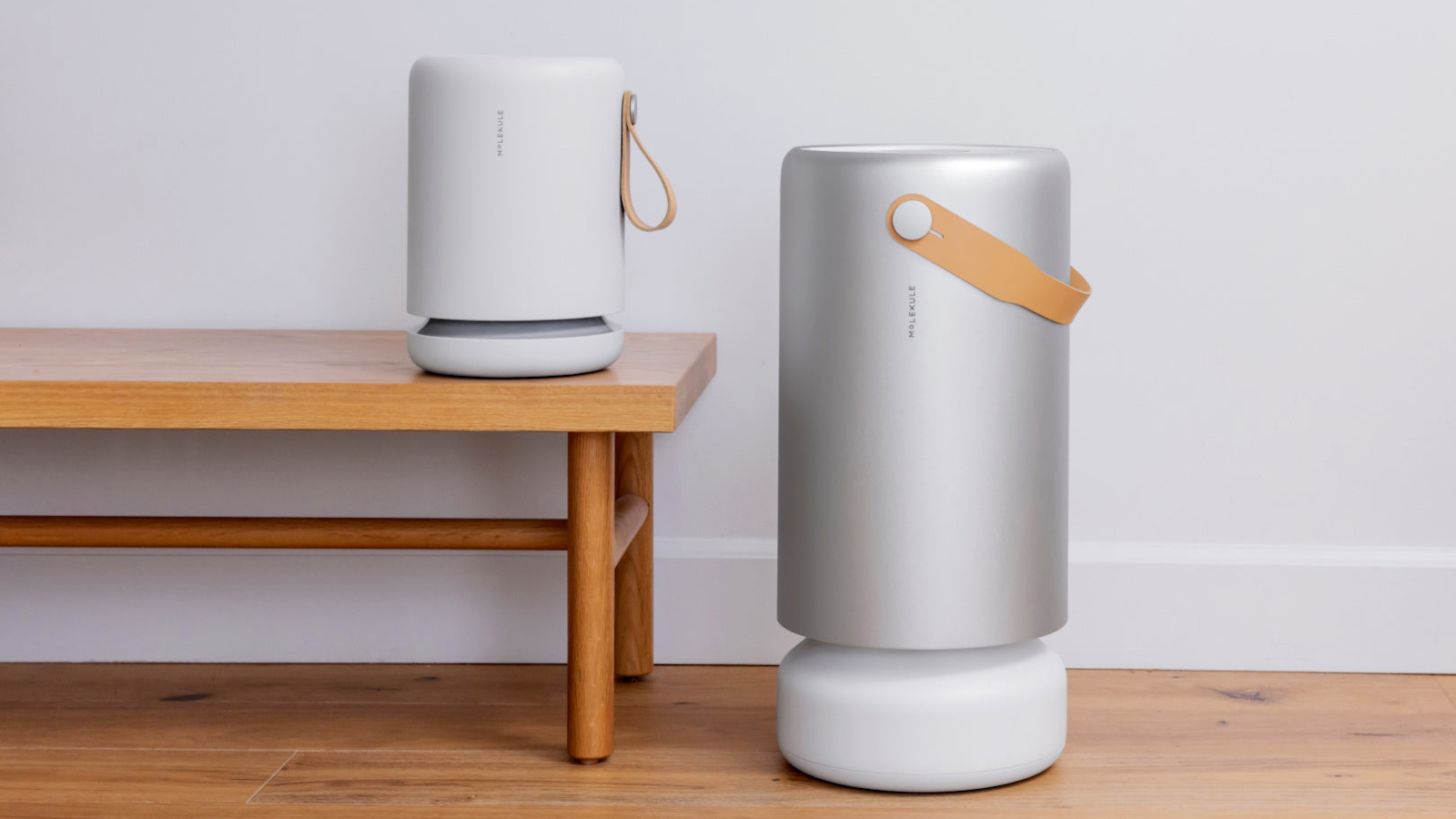
Our collective knowledge of air quality is growing, and with it comes a more conscious approach to the air we breathe, and what we can do to improve it.
So, it's no surprise that air purifiers are becoming a more common household essential. The best air purifiers can cleanse our homes of dust, smoke, pollution, and the many allergens that exist in our homes.
With this rise in demand comes an increase of choice, as there are now countless brands offering their own air purifiers with new claims. But finding the right one doesn't necessarily mean finding the 'best' - it involves considering the needs of your own home and lifestyle.
So, I've compiled a list of the important factors to consider when choosing the right air purifier for your home.
How to choose an air purifier
I consulted air quality experts, as well as my own experience in testing, reviewing and writing about air purifiers, for this guide on everything to consider when choosing one.
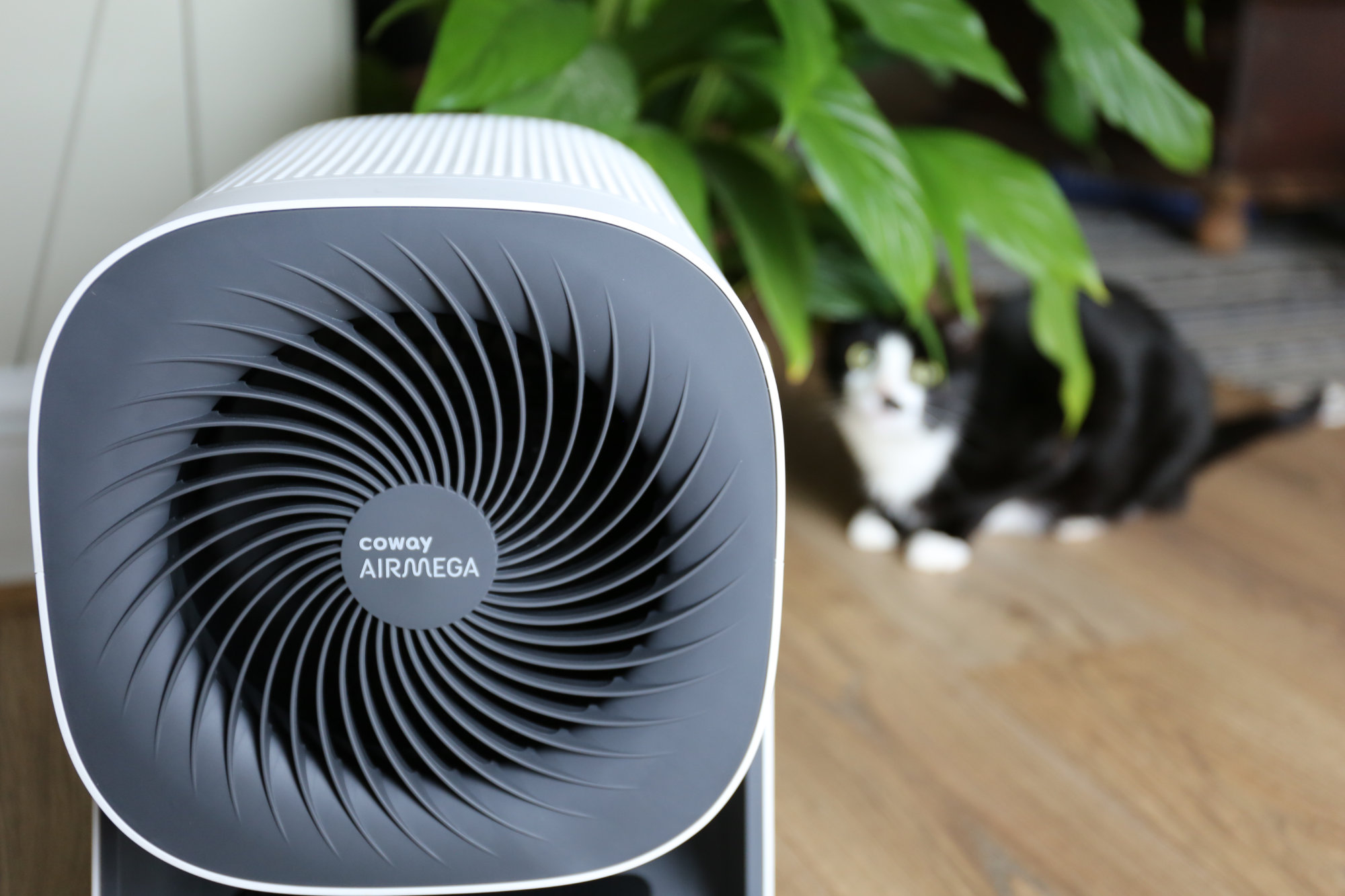
1. Room size
One of the most important factors to consider is the size of the space you're looking to purify. The size, power and fan speed of your air purifier will completely depend on this: for example, a small bedroom will need a much less powerful air purifier than an entire open-plan apartment.
'The size and layout of your home are crucial,' says Warb Lee, CEO of Alen, as understanding your home's size in square footage will make sure you get the maximum benefit from whichever air purifier you choose.
Design expertise in your inbox – from inspiring decorating ideas and beautiful celebrity homes to practical gardening advice and shopping round-ups.
Air purifiers will list coverage in their product descriptions, often down to the square meter or square foot. Molekule's Air Mini+, for example, is said to cover rooms up to 250 square feet in size, making it an ideal choice for bedrooms and home offices.
Molekule Air Mini+ | $359.99 at Molekule
Molekule's air purifiers destroy airborne pollutants at the molecular level using PECO-HEPA - a combination of PECO nanotechnology and HEPA filtration.
The Air Mini+ is designed for small spaces, detecting and tracking particulate matter over time. It's also compatible with Alexa and Apple Homekit.
If you want to get really specific, it's worth checking each air purifier's CADR (clean air delivery rate). 'The easiest way to determine if an air purifier is properly sized is to divide the room volume (cubic feet) by the air purifier's CADR,' explains Jon Bennert, CEO of Air Oasis.
'In a typically residential environment, you will want an air purifier capable of at least 5 air exchanges per hour,' Jon adds. CADR is usually measured by how much space it can cover per minute. So, a 3,200 cubic feet room would need a purifier with 265 CFM (cubic feet per minute) CADR, as the air purifier would clean the air every 12 minutes (5 air exchanges per hour).
2. Lifestyle & pets
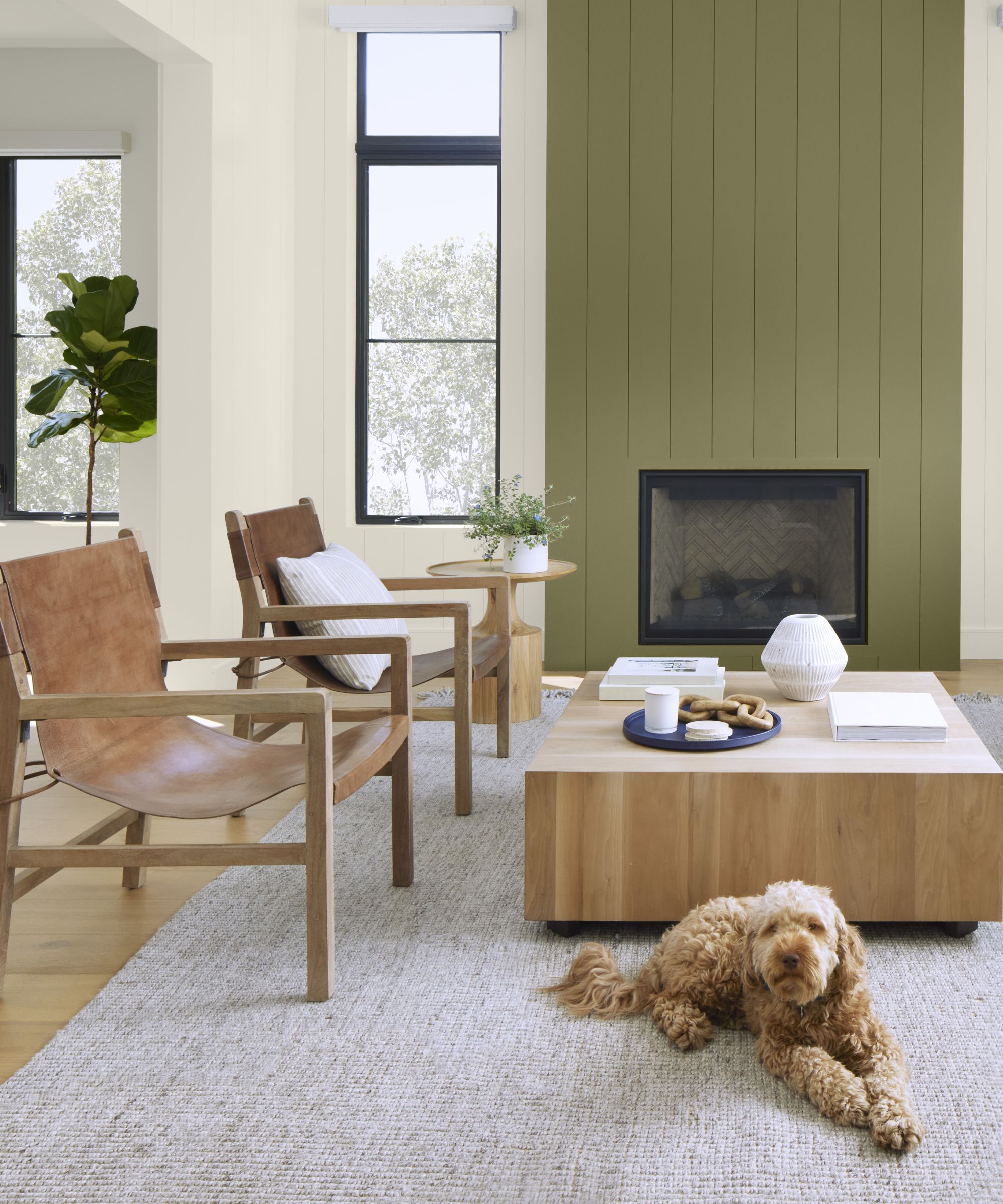
Think about your lifestyle and where you live. Pets bring their own type of air pollution, as does living in a city centre, spending a lot of time cooking, or having poor ventilation.
'Factors such as the number of pets in the home, smoking habits, gas stoves present, types of cleaning products used, and unvented areas can all contribute to the level of impurities inside your home,' says Rebecca Titus, eCommerce sales manager for Bosch Home Comfort.
'You will want to look for an air purifier that can remove over 99% of all particles,' she adds, as more basic air purifiers aren't always able to handle everything.
3. Allergies
Do air purifiers help with allergies? Yes - they're actually one of the easiest and surest ways to relieve symptoms at home, as allergens like pollen, pet dander and dust live in the air we breathe indoors.
Allergy sufferers should look for air purifiers with HEPA filters, as only those are able to capture the super-fine particles that trigger allergic symptoms.
4. Filter
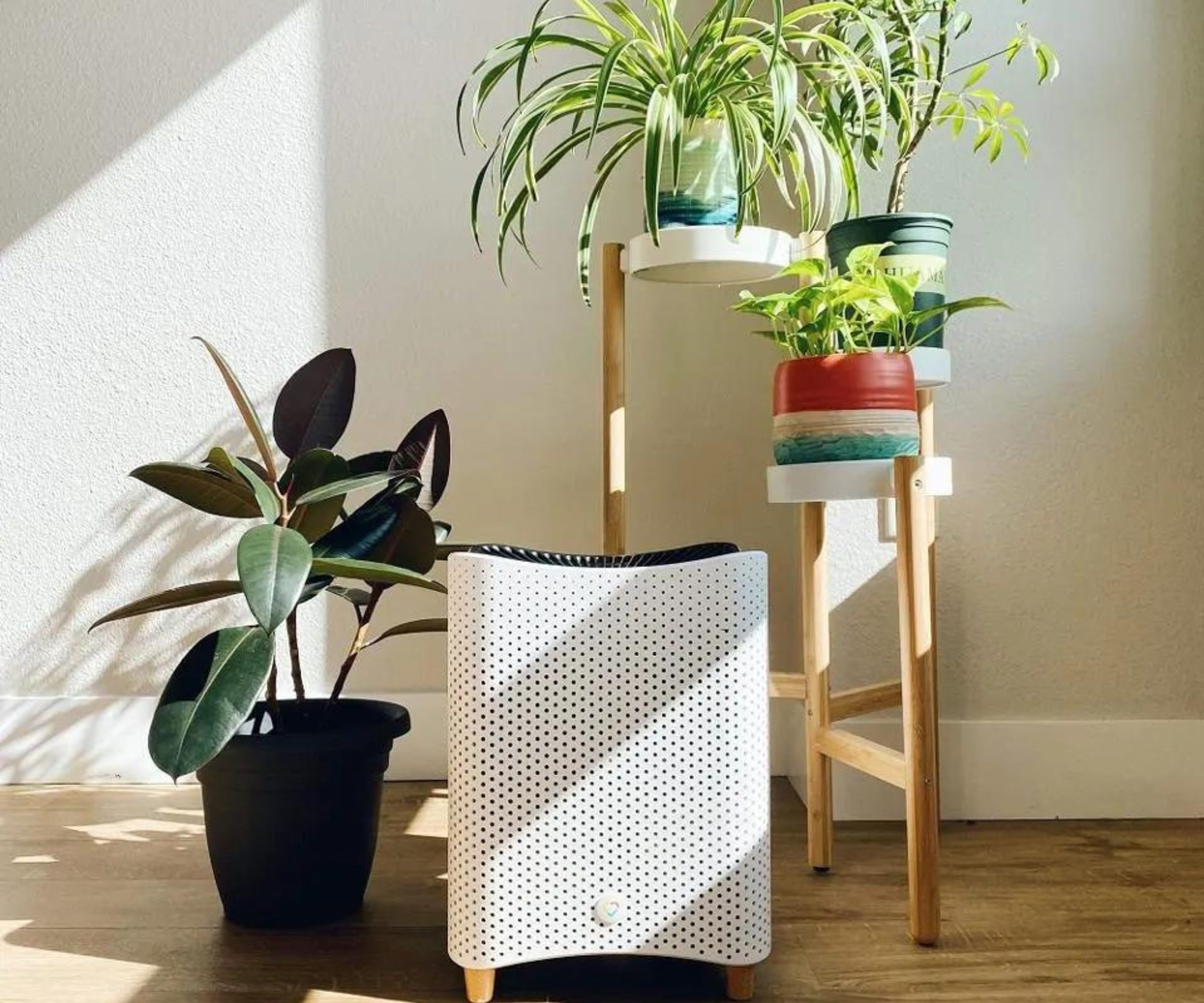
Not all air purifiers filter particles the same. Aside from fan speed and size - this is largely due to different filters, dictating what particle types are able to be captured.
Mechanical filters are the most common, where fans pull air through layers of fine fibers, trapping particles in the process. HEPA filters are a type of mechanical filter, but they're designed using very fine mesh to trap even microscopic particles, making them much more effective and better suited to those with allergies.
Many air purifiers will claim to have 'HEPA type' filters (or some variation of the phrase), so look for 'True HEPA' to be sure that the filter has met the testing legal standards.
Activated carbon filters capture certain types of gases, but they don't combat particles. For this reason, many purifiers will have both a mechanical and an activated carbon filter, for protection from particles and gases.
Individual brands will have their own filter types, so it's a good idea to research what's on offer. Dyson's purifiers use a HEPA 13 and carbon filter, while Shark's purifiers have HEPA filters that exceed the required standard, making them even more effective at trapping micro particles.
Molekule's air purifiers, like the Molekule Air Pro, use three-stage filtration via their PECO-HEPA-Carbon filters. This allows them to capture particles, trap gases, and oxidize and destroy pollutants at the molecular level.
Molekule Air Pro | $1014.99 at Molekule
For spaces up to 1,000 square feet, the Molekule Air Pro detects & tracks three sizes of particulate matter, VOCs, CO2, and relative humidity over time. It destroys airborne pollutants and is FDA-cleared to destroy viruses, bacteria & mold.
We've reviewed the Molekule Air Pro and were genuinely impressed by the unique technology on offer.
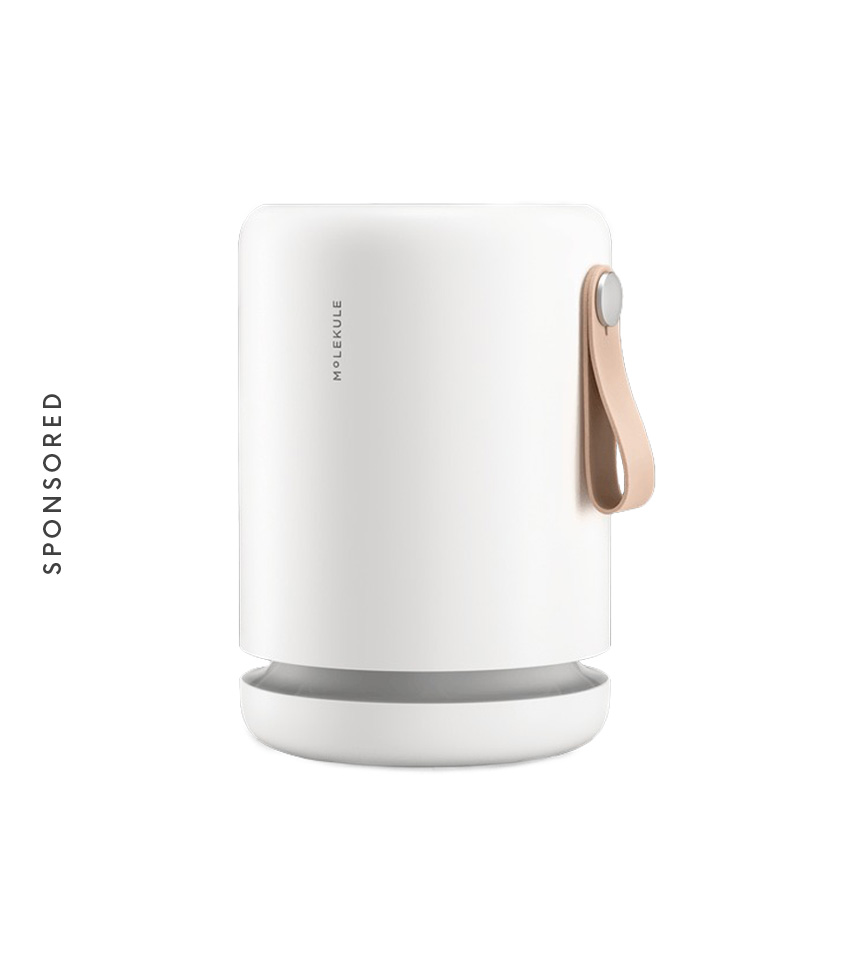
This air purifier from Molekule is a great option for small-space living. It may be miniature, but it delivers big results thanks to its patented PECO pollutant-destroying technology. One reviewer writes, "It's simple to use, easily connects with my phone, and makes a significant difference with my allergies."
5. Air quality detection
It isn't necessarily essential, but being able to see your air quality makes a huge difference. Purifiers that detect air quality will often have 'auto' modes, where the power will adjust relative to the air in the room, saving you power when it isn't needed and dedicating the energy to when it's needed.
But it'll also give you more insight into the air you breathe and how your activities at home can cause changes in the air quality. You'll start to notice how leaving your windows open can bring in fumes and pollen or the effects of frying food for a long time.
'One of the biggest features to look for is an air purifier with an air quality indicator to clearly identify air quality since we cannot visibly see the air we breathe in,' says Rebecca.
'Such features will help visually alert homeowners when air quality may be worse than normal and offer more insight into what could be causing allergies, itchy eyes, etc.'
It's also worth mentioning that, without air quality detection, there's a chance you'll be leaving the purifier on when there's no need, costing you more in energy bills down the line.
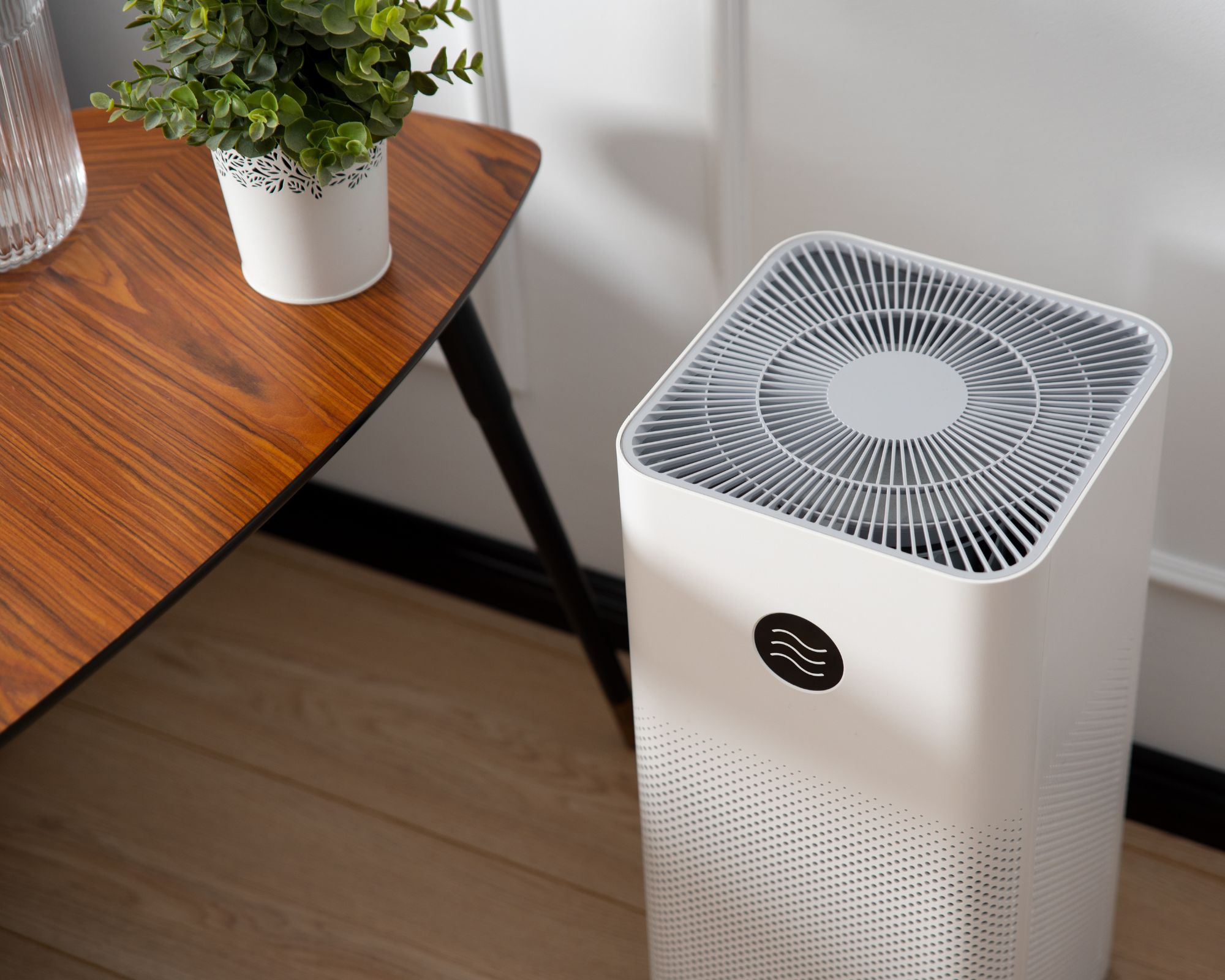
6. Extra features
Aside from the basics, the wealth of air purifier options come with an endless choice of extra features. Some are more helpful than others, but it'll still mostly depend on your home and lifestyle to know which will benefit you.
Timers & sleep mode
If you're ever planning on using the air purifier in your sleep, a timer is a must. You'll often be able to select, in hour intervals, when the purifier can turn off. Many purifiers will even have a dedicated sleep mode, with quiet operation and its own timer.
Auto mode
This, to me, is an important one to consider. As mentioned earlier, it goes hand-in-hand with air quality detection, so that the purifier knows when to ramp up the power or when to keep it low.
Data tracking
Aside from air quality detection, some air purifiers (like the Dyson Purifier Cool Formaldehyde TP09) will keep a log of air quality over time, so you can see how things have changed over the course of minutes, hours or days. This will often come at a cost, so it's important to consider whether it's actually worth it.
App compatibility
It's becoming more common to see air purifiers that'll pair with a smartphone app. The app will typically give detailed info into your air, while giving you remote control to the purifier's functions and features. Again, this isn't essential, but it can make life more convenient.
Noise
It's hard to know just how loud an air purifier will be before you buy it, as product pages may downplay the volume or not mention it at all. But if quiet modes are mentioned, chances are you'll be able to adjust to a volume that's more suitable for TV watching or sleeping.
Fans & heaters
You can also find air purifiers with multiple functions. Purified heat and purified cooling are becoming more common these days, and there's even the Shark Air Purifier 3-in-1 that can do all three. It'll cost a bit more, but being cooled or heated by clean, purified air will have positive effects on your health.
7. Cost
Air purifiers range from as little as $100 to $1,000+. The higher-end options will have super-fine filtration, data tracking, and some extra features listed above. With such a massive price range, this is where it's worth considering what you actually need.
In my view, most households don't need exact details on particulate matter or air quality over time. A simple air quality indicator as a percentage will give you all the info you need on when to turn it on when to turn up the power, and what's affecting your air quality. But if you're willing to spend extra, the info will definitely be enlightening to have.
There are also running costs. Because of the nature of their design, air filters need regular replacing, but some purifiers will need replacing more than others. Look into the product specs during your research to see the filter's expected life, and weigh up how much the replacements will cost over the next few years.
In our tested guide of the best air purifiers, the Shark NeverChange Air Purifier MAX currently tops the list for its large coverage, simple air quality indicator, and a true HEPA filter that doesn't need replacing for up to 5 years.

Dan is the Home Tech Editor for Homes & Gardens, covering all things cleaning, smart home, sound and air treatment across the Solved section. Having worked for Future PLC since July 2023, Dan was previously the Features Editor for Top Ten Reviews and looked after the wide variety of home and outdoor content across the site, but their writing about homes, gardens, tech and products started back in 2021 on brands like BBC Science Focus, YourHomeStyle and Gardens Illustrated.
They have spent more than 200 hours testing and reviewing vacuums for Homes & Gardens, and have even visited Dyson's engineering labs for the full low-down of the ins and outs of our trusty cleaners.
Dan has a BA in Philosophy and an MA in Magazine Journalism. Outside of work, you'll find them at gigs and art galleries, cycling somewhere scenic, or cooking up something good in the kitchen.

